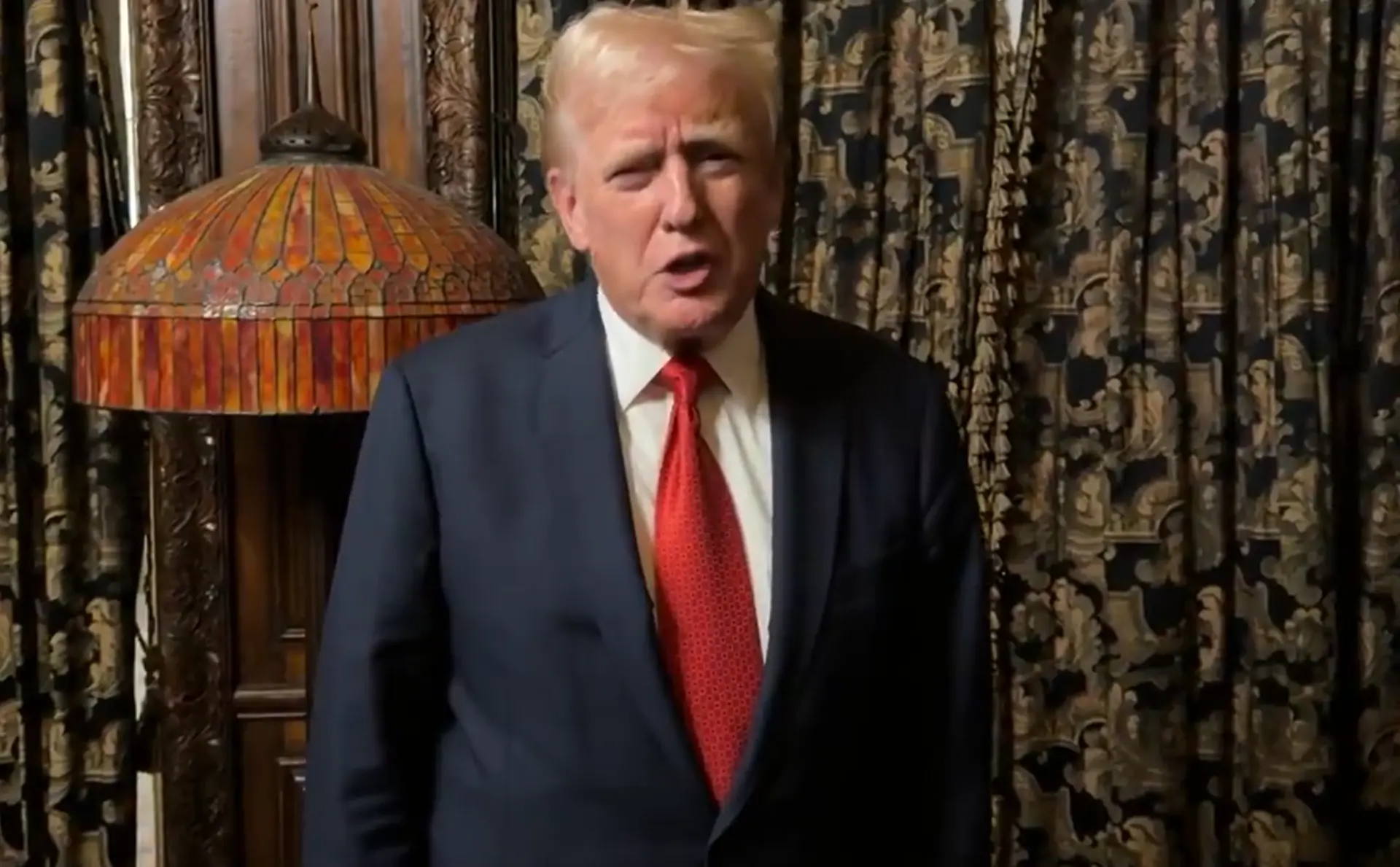PiCK
"Couldn't Grab Bitcoin During Martial Law"... Frustration Over Exchange Outages
- It was reported that investors suffered damage as cryptocurrency exchanges experienced service disruptions due to martial law.
- Exchanges took over an hour to normalize systems, during which trading was impossible.
- The Financial Supervisory Service emphasized conducting on-site inspections and preparing measures to prevent recurrence.
- The article was summarized using an artificial intelligence-based language model.
- Due to the nature of the technology, key content in the text may be excluded or different from the facts.
"Service Disruption Following Martial Law Declaration Causes 'Coin Run'"
"Login and OpenAPI Service Delays Prevent Trading"
Financial Supervisory Service "Plans to Prevent Recurrence"
 Photo = Choi Hyuk, Hankyung Newspaper Reporter
Photo = Choi Hyuk, Hankyung Newspaper Reporter
On the 3rd, when martial law was declared, over 700 cases of damage were reported at the top three cryptocurrency exchanges in South Korea. Despite making significant profits from the so-called 'Trump-driven coin boom,' there are criticisms that the response to system failures and compensation remains passive.
According to data provided by Kim Hyun-jung's office from the Democratic Party of Korea, obtained from the top five cryptocurrency exchanges and the Financial Supervisory Service (FSS), service disruptions occurred at the top three exchanges—Bithumb, Upbit, and Coinone—shortly after the martial law declaration at 10:25 PM on the 3rd. A total of 713 damage cases were reported to the three exchanges (estimated until the 9th). Upbit had the most with 424 cases, followed by Bithumb with 271 cases, and Coinone with 18 cases.
The disruptions are mainly attributed to a surge in traffic and connections due to a 'coin run' (cryptocurrency + bank run) by domestic investors. These exchanges normalized their systems within about an hour after the disruptions occurred.
According to reports to the FSS, Upbit experienced delays in logging into its mobile app and Open API services, making virtual asset trading impossible. Some virtual asset withdrawals and Korean won deposits were also delayed. An error occurred at 10:53 PM and was resolved by 12:32 AM the next day, taking 1 hour and 39 minutes.
In the case of Bithumb, virtual asset trading was effectively halted due to delays in accessing the mobile app and PC web. An error occurred at 10:38 PM and was normalized in 1 hour and 2 minutes. Coinone experienced delays in mobile app and PC web access, and Open API services from 10:55 PM, making it impossible to use virtual asset trading and related services. The system was fully restored 40 minutes later.
The industry points out that system errors have been frequent at cryptocurrency exchanges but have not been improved. According to each company's tally, Bithumb experienced 42 errors over 4 years and 8 months from January 2020 to September this year. Additionally, Upbit had 15 errors, Gopax 11, Coinone 2, and Korbit 1, resulting in outages.
Regarding compensation for damages, Bithumb compensated only for errors that occurred in 2020 (7 times) and 2023 (5 times). No compensation was provided for the 30 errors that occurred in 2021 and this year, including 2022, which had the most errors with 14. Gopax, Coinone, and Korbit have never compensated. Upbit did not disclose its compensation status.
Under current law, traditional financial institutions are required to report system errors to the FSS. However, virtual asset service providers are not legally obligated to report. Therefore, there is a call to establish a legal basis for reporting and disclosing major issues such as hacking and system errors to financial authorities.
Kim Hyun-jung stated, "After former U.S. President Donald Trump's victory in the U.S. presidential election, virtual asset prices surged, attracting a large number of investors, resulting in virtual asset trading volumes surpassing domestic stock market trading volumes," emphasizing that "cryptocurrency exchanges should focus not only on short-term profits and excessive marketing but also on strengthening IT systems for investor protection and expanding investments in information security."
The FSS announced that it conducted on-site inspections of each company immediately after the system failures and will strive to prevent similar cases from recurring based on the results.
An FSS official stated, "We requested measures to prevent recurrence and active responses to user damage through a compliance officer meeting on the 5th, immediately after the system failures, and conducted on-site inspections of the three exchanges and K-Bank from the 9th to the 12th," adding, "We are currently reviewing emergency plans for system failures submitted by the top five coin exchanges, and we will immediately address any deficiencies based on the on-site inspection results."
Shin Min-kyung, Hankyung.com Reporter radio@hankyung.com

Korea Economic Daily

hankyung@bloomingbit.ioThe Korea Economic Daily Global is a digital media where latest news on Korean companies, industries, and financial markets.PiCK News
"European Parliament Member Emphasizes the Need for Strategic Reserves of Bitcoin (BTC)"
1 hours ago
"Couldn't Grab Bitcoin During Martial Law"... Frustration Over Exchange Outages
3 hours ago
Trump to "Promote Blockchain Industry... Prevent Overseas Exodus"
4 hours ago
US Ethereum Spot ETF Sees Inflow of Approximately $51.1 Million the Previous Day, Continuing for 16 Consecutive Trading Days
5 hours ago
[Today's Global Trending Coins] VANA, CyberKongz, Ripple, and More
7 hours ago![[Today's Global Trending Coins] VANA, CyberKongz, Ripple, and More](https://media.bloomingbit.io/prod/news/5312e1bb-7bbb-48da-a5d0-f0497835b7c2.webp)

